I just returned from the 7th Annual Meeting of the PFS. Laissez-Faire Books’ Jeff Tucker has already weighed in (see Jeff Tucker on PFS 2012: The Center of the Conspiracy); here is Doug French’s piece (for other accounts of previous Annual Meetings of the PFS, see our Press page). Originally published as: Douglas French, “A Haircut in the Turkish Style,” Laissez Faire Books (Oct. 3, 2012; https://perma.cc/WJ9B-HL4X).
Dear Laissez Faire Today Reader,
I’ve just returned from the sector of Bodrum, Turkey, that is the source of life and energy for every community in the world: the market. Yes, the Black Sea is fabulous, the mountains are stunning, the wild pigs intriguing, and the fish exotic. But it’s the commerce that gives Bodrum is essential charm.
The same is probably true in your community. So why are political elites all over the world conspiring to hobble, loot ,and otherwise put stumbling blocks in the way of commercial enterprise? The answer is wealth. Governments want it. The private sector has it and creates. QED.
The Doug French article below provides an evocative look at the local commercial culture. I know you will enjoy its insights. Afterward, I will describe some of the people who have attended this wonderful event that brought me to this far-flung place, and tell you something that has animated much of the conversation here.Jeffrey Tucker
Laissez Faire ClubA Haircut in the Turkish Style
by Douglas French
A trip to Hans and Gulcin Hoppe’s Property and Freedom Society (PFS) salon in the beautiful port city of Bodrum is unforgettable in so many way ways. The “politically correct-free zone,” as professor Hoppe described it in his introductory remarks, is chicken soup for the isolated anarchist’s soul, with four days spent with the creme de la creme of stateless thinkers and theorizers.
The experience for invitation-only attendees is not as an admirer from afar, as is so often the case at conferences where the speakers rush in to give their talks, grab their honorariums, and rush off, out of reach of any real questions or socializing. In Bodrum, the stars are there to relax, and do, enjoying the tremendous hospitality, camaraderie, and comfort provided by the current dean of the Austrian School and his wife, Dr. Hoppe.
One is very likely to gain just as much insight during casual breakfast conversation as taking in the formal presentations. This is what is so special about Hoppe’s PFS salon. I’m attending my fourth PFS conference, and it is my fifth trip to Turkey, a country that while situated so close to much of the conflict in the world, always provides a sense of calm and serenity for me, faraway from America’s police state.
At the top of my agenda now whenever I come to Turkey is getting a real Turkishhaircut. My dad was a barber, who cut hair right up until the day he died at age 74. I grew up hanging around a barbershop. But the American haircut is but a doughnut hole compared to baklava.
The Turkish experience is rich and memorable. The Turkish barber is well aware that men grow hair in a number of places besides the top of their head. No knowledge of the Turkish language is required. It’s best to put yourself in the hands of the master scissorsmith, as he knows what needs to be done.
The communication required is the universal language of barbershops, pointing to the top of the ear and a short discussion in hand signals of what the back should look like.
The Turkish barber always scissor cuts, layering on both sides and back from bottom to top. Most U.S. barbers layer from front to back. The results are much different, and the shape of the cut remains intact much longer. There is no use of electric clippers with bulky plastic guides, as used so often at franchised barbershops in the U.S. The barber’s scissors work is fast and furious, pinching thumb and forefinger together in rapid succession, his concentration as intense as a painter’s working on a portrait.
The neighborhood shop in Bodrum that I visited had multiple flat-screen TVs blaring what looked and sounded to be local news. A particular news item gave my barber cause to stop suddenly, crank up the TV’s volume, and stop the proceedings as he peered into the tube. As is the case of all barbershops, a young apprentice waited patiently to sweep the floor, pick up dropped combs, and provide towels as needed. In a few years, he will become a master of the scissors universe. The look on his face said he thought he was ready to start cutting hair already, instead of being relegated to sweeping up the results of his employer’s work.
Although a young man, my barber’s place in the neighborhood was illustrated by the half-dozen people who acknowledged the coiffeur as they walked or drove by on the narrow cobblestone street that fronted his shop.
Next to the mirror, a small crockpot cooked up a plastic goo the color of bubble gum. After the hair cutting was complete, the barber scooped out a bit of the warm plastic on the tip of a tongue depressor and scrapped the substance into my ear. After it settled briefly, he ripped the plastic out and with it came hairs that had been growing unperturbed until then. He proudly showed me what was pulled out with the plastic.
Next he applied a clear liquid to my forehead with a cotton wipe. The liquid was a skin toner product, and he again made sure he showed me the grease and dirt that the toner had lifted from my forehead, despite my having showered but a couple hours prior. My eyebrows were next to be trimmed.
The removal of hair from the ear region did not stop with the plastic goo treatment. My hairsmith lit a small torch, and while shielding my eyes, he ran the flame expertly around my earlobes and top of my cheeks, singeing off any peach fuzz.
It’s rare that you see a straight edge razor in a U.S. barbershop, but it is standard equipment in Turkish shops. My Turkish barber handled the straight edge with dexterity. With it, he painstakingly trimmed my sideburns and shaved the back of my neck. There is no cleaner feeling.
From there, he spent an inordinate amount time trimming and shaping my gray sideburns, using his scissors to cut expertly, literally hair by hair. A huge contrast to the quick buzz over your sideburns U.S. barbers provide. The barber then directed the scissors to my nostrils, to excise annoying hair that most barbers stateside ignore.
If this attention weren’t bracing enough, next came a splash of lavender aftershave that made the cool breeze from the shop’s fan rush in my pores. The assistant then swung into action with towels and prepared the sink for a shampoo. My barber opened a cabinet door pointing to more than half-dozen large bottles of different brands of shampoos, giving me my choice. I left it up to his expert judgment.
The vigorous shampoo was followed by a massage starting first with my shoulders. The barber-turned-masseuse then worked down each arm and finished by pulling each of my fingers, popping the knuckles one by one.
I was then good to go. All for 20 Turkish lira ($12). My 10 lira tip looked to genuinely make his day, and we walked out to street arm in arm.
Civilization has been around for a long time in Bodrum. The Amphitheatre situated in the hillside overlooking Bodrum was built during the Carian reign in the Hellenistic age (330-30 B.C.). The Castle of St. Peter, Bodrum’s most distinguished landmark, divides the city’s harbor inu half. Work on the castle began in 1402 by the Knights of St John. The castle and city came under Ottoman rule in 1523. After centuries of neglect, the castle became a prison in 1895, and was even damaged during World War I by shells from aFrench warship.
Barbering was going on in Bodrum long before barbers were cutting hair in the U.S. Perhaps American haircutters will come around. But it’s not likely. Barbers have licensing and state rules to live buy. Minimum wage laws make hiring apprentices impossible. Sticking warm plastic in customers and burning off slight hairs with open flames would be frowned upon by the U.S. nanny state.
In an increasingly uncivilized world, made that way by ever-present and engorged governments, it is refreshing to attend a conference of anarchists to renew one’s sanity. I was able to recharge my intellectual batteries listening to presentations from the likes of Laissez Faire authors Hoppe, Kinsella, and Tucker. I can now return to the U.S. replenished, ready for the intellectual fight.
And with the best haircut in the world.
Sincerely,
Douglas French



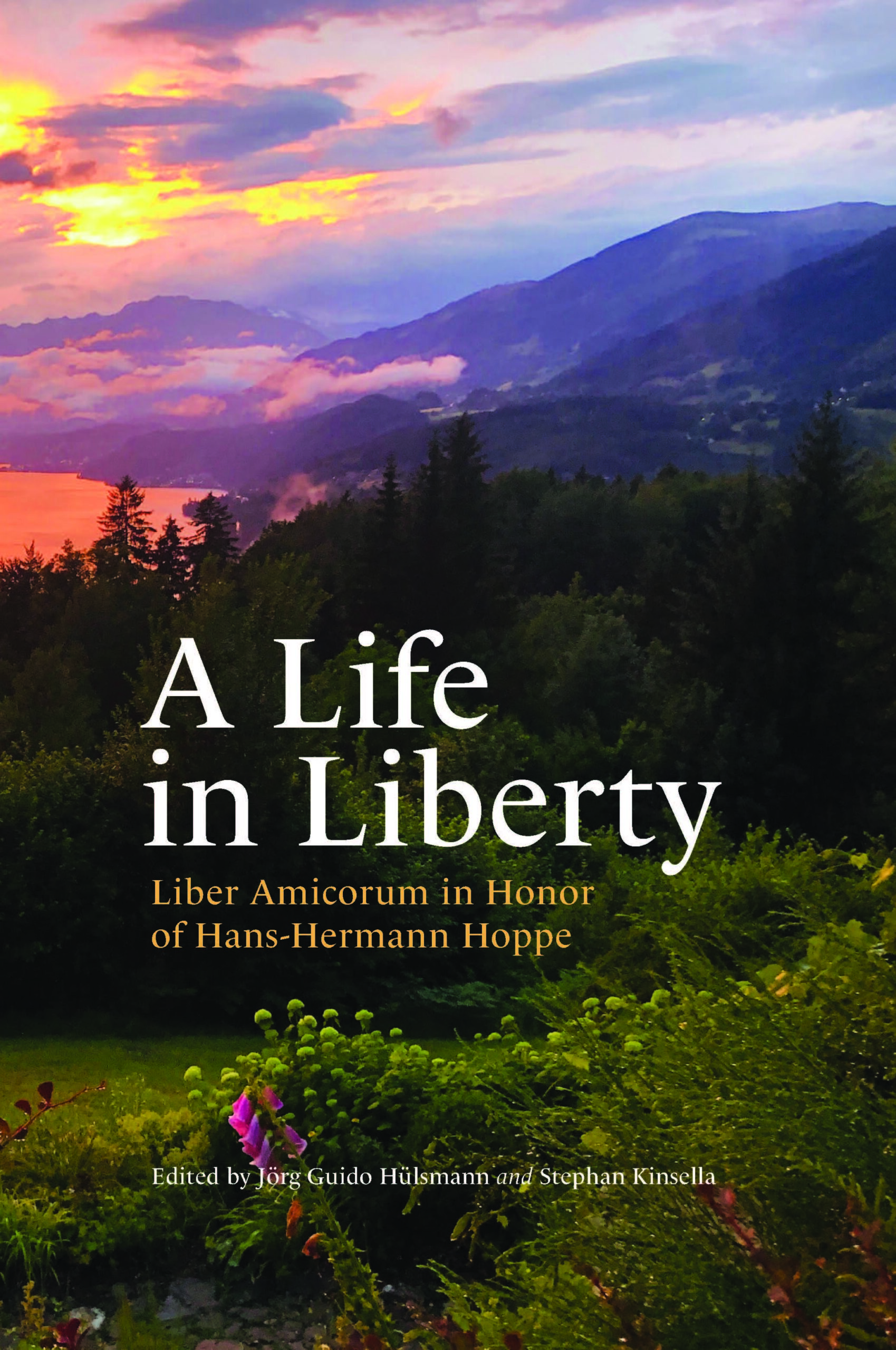
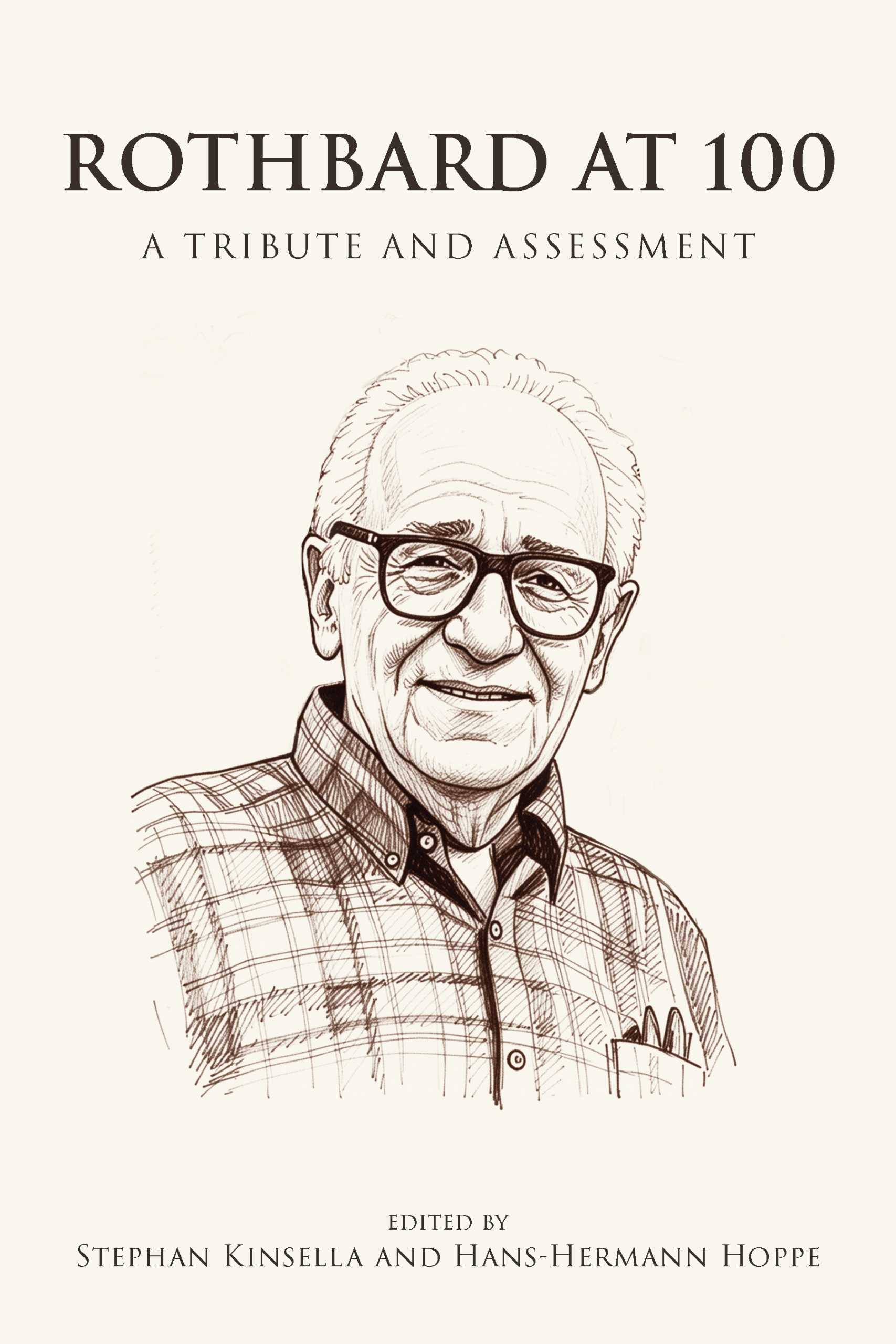
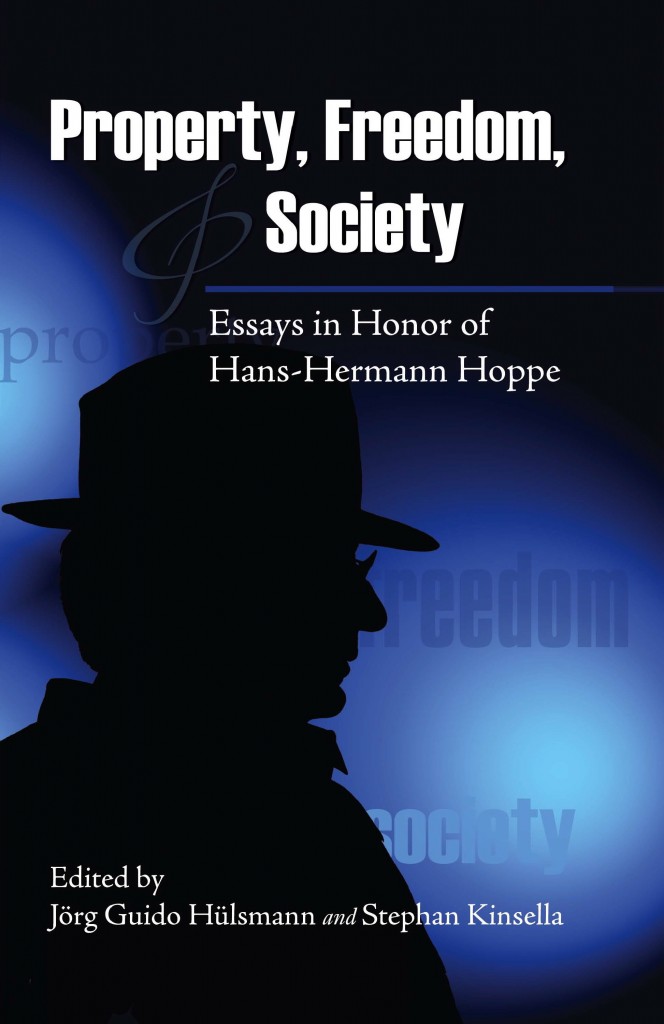
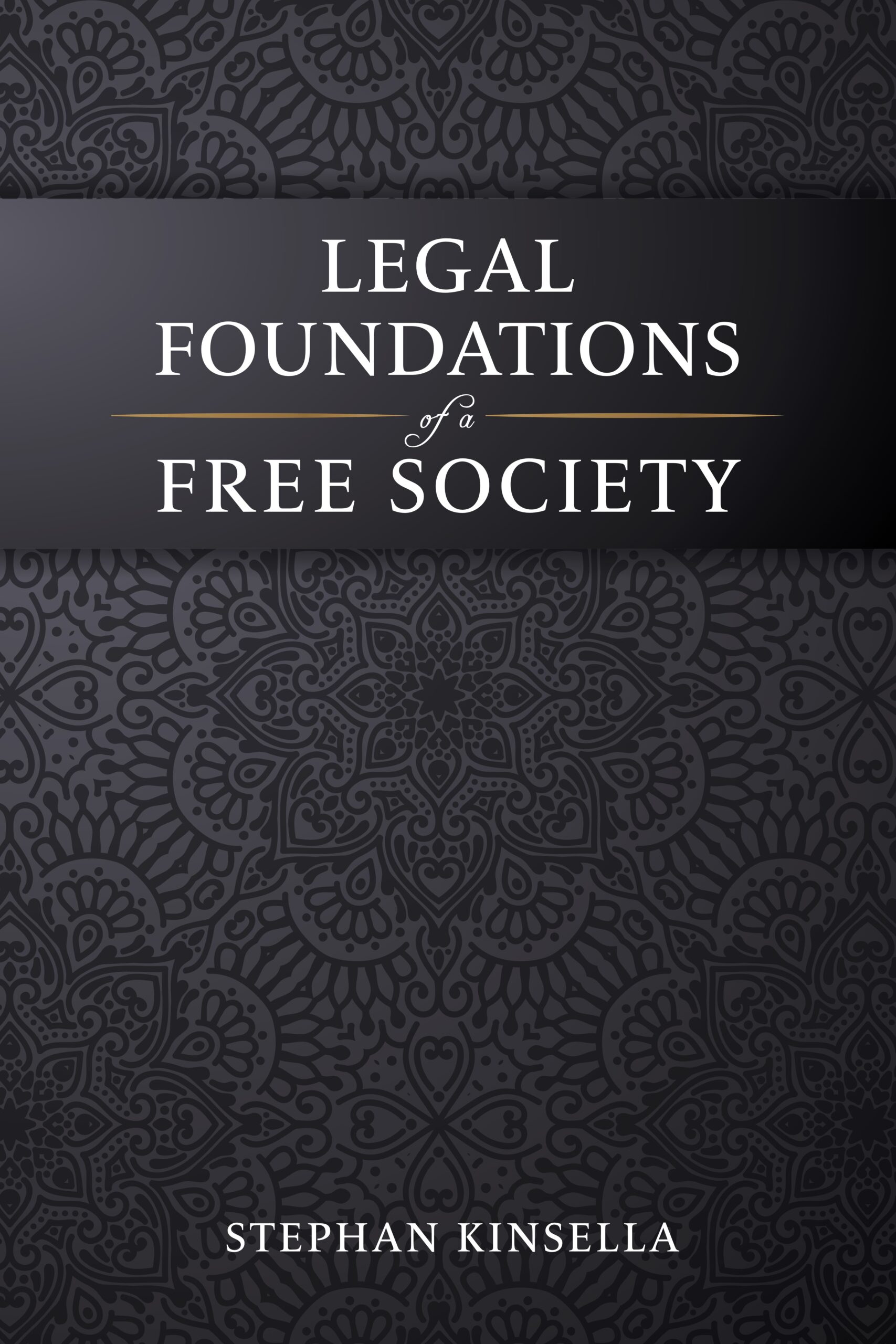

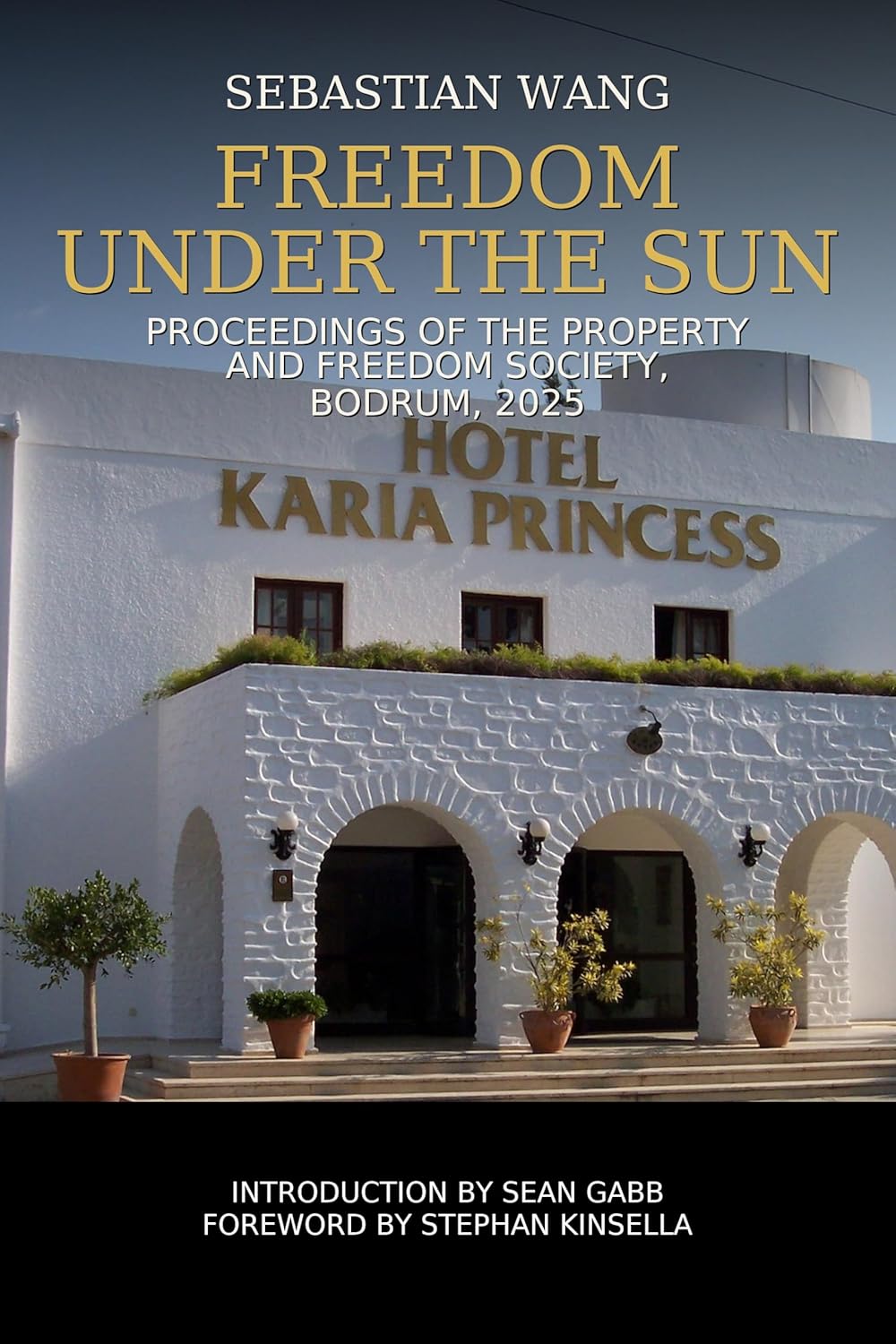



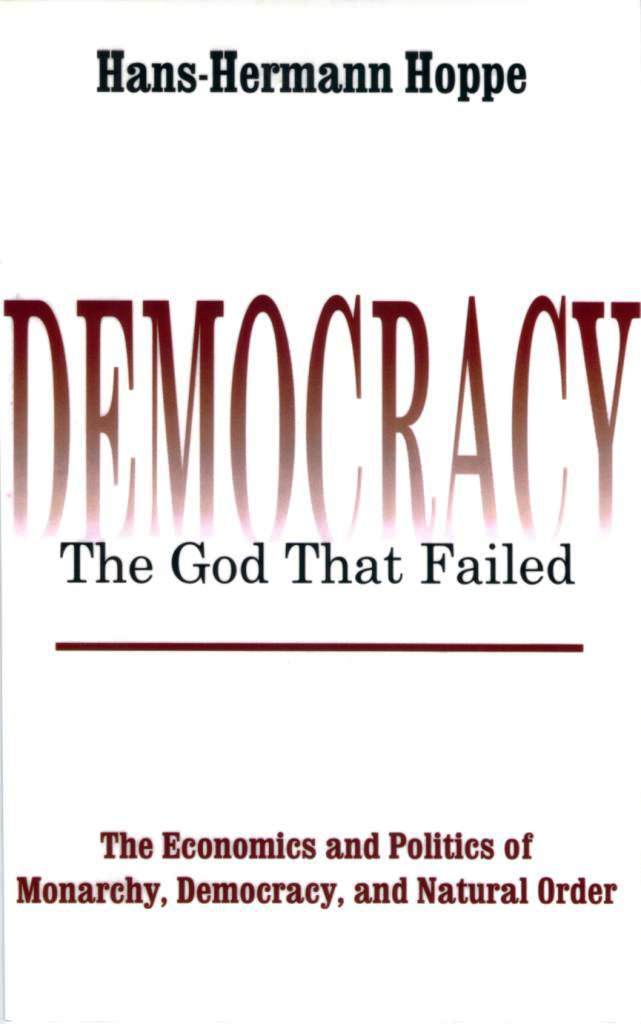



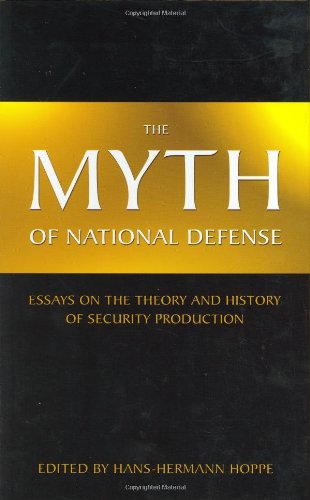
You must log in to post a comment. Log in now.